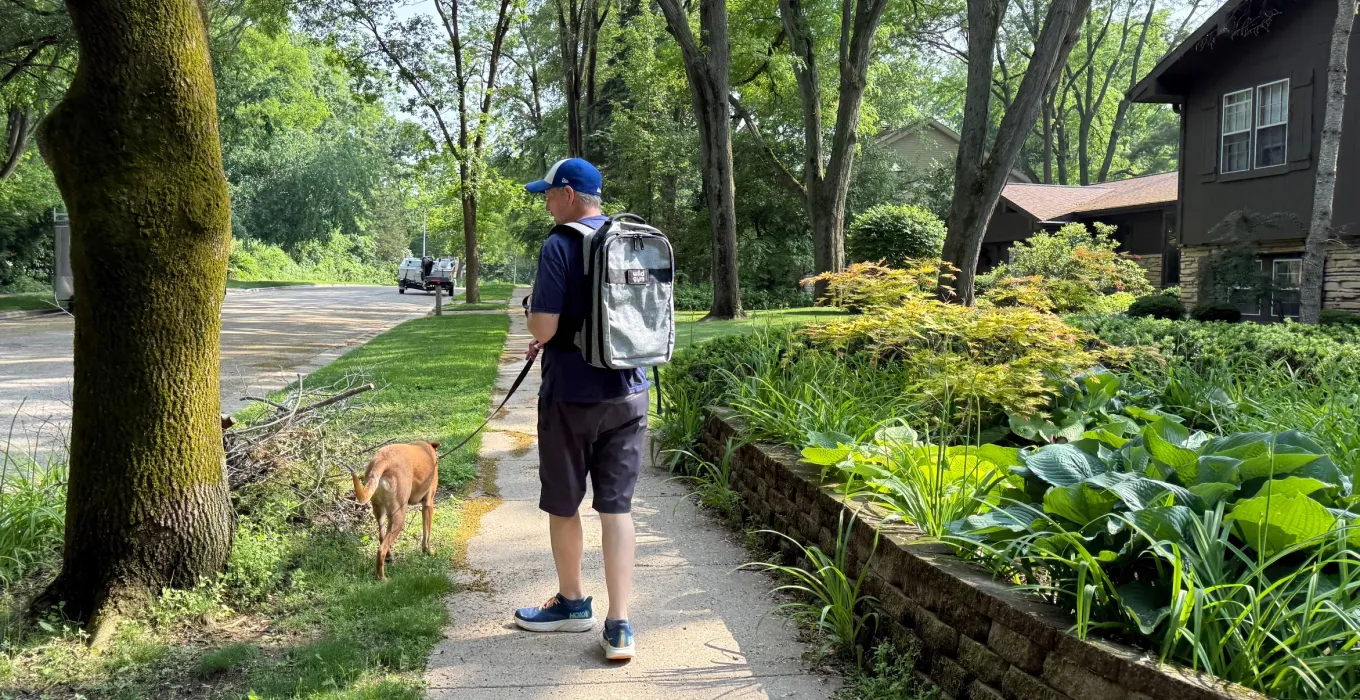Living with My Transitions After 60

After 60 years of moving through a career, child rearing, and two marriages, I arrived at my third marriage that has been a true blessing.
In my 70th year, things started to change. At my consulting company, I was a VP who had heavy travel, including some that was international, huge sales goals to sell our services, and ambitious billable time quotas.
After 30+ years and heavy workloads, my body was slowing though my mind was not. I was slowing-down even when my mind was not. The years of seeing wide-eyed clients deal with me as a Black man had me learn how to work through the tire kicking phase when they first met me to a smoother interaction commensurate with my accomplishments. I loved everything about my role and put off thinking about retirement.
However, my body was sending me "Health Signals", so I pursued a new doctor. During our meeting, I noticed he looked like a college student and had a strange accent. Since I was familiar with tire kicking, I began to question his experience and his accent. He assured me that as a White South African, his South African schooling included knowing the illnesses that Black people might suffer from like sickle cell anemia, high blood pressure, and kidney disease. I asked him to stop and said, "Let’s get going with your intake process."
Trust was formed.
So, when Dr. Kaye told me I had high blood pressure and diabetes, I went immediately to, "What I can do about it?" He replied, "Keep a positive attitude and be religious about following my instructions." This message stuck with me as I entered my 80’s.
This new message caused me internal shock and denial. I had to lean into this transition. My usual tendency is to close myself off and not talk about my physical ailments and the things necessary to be helped by my wife Phyllis and my oncologist, my endocrinologist, and my nephrologist. My wife calls this nonresponse stonewalling. So, I attempted to get better at answering questions more honestly like: How are you doing, when do you feel this pain? I had to learn how to be honest with myself and then communicate with answers that provided a foundation for diagnosis and treatment.
This self-focus also included being more aware of the sacrifice that Phyllis was making as caretaker. It was better for her if I admitted I didn’t feel well then for me to attempt to do a task in a half-ass way. I had a constant battle to not cut losses which could lead to poor quality. She told me that she’d rather do it herself than have me do it with poor quality. Since this message was sent with high levels of love and affection, I took it well. I had to detach myself from my parent’s silent generation behavior.
I reframed my thought process to treat my situation as having a new job/career where taking care of myself was the goal with a focus on reducing the heavy dependance on Phyllis and building my self-reliance. This new thinking allowed me to have a birds-eye view of how much sacrifice is involved in caregiving.
After my next level of fitness and capability, I plan to resume my appreciation of sports cars, jazz music, travel, and my friends and family.
Here are some of my learnings and suggestions that might appear as blinding glimpses into the obvious:
- Take the time and thought to know how you’re feeling
- Be aware of when things are happening
- If your memory is not what it used to be, take notes especially during briefings or debriefings
- Be honest with your caregiver
- Take on tasks that you can still do well
- Express empathy on a regular basis
I wish you good health, and when transitions are necessary, you will lean-in with honesty and high communication.





